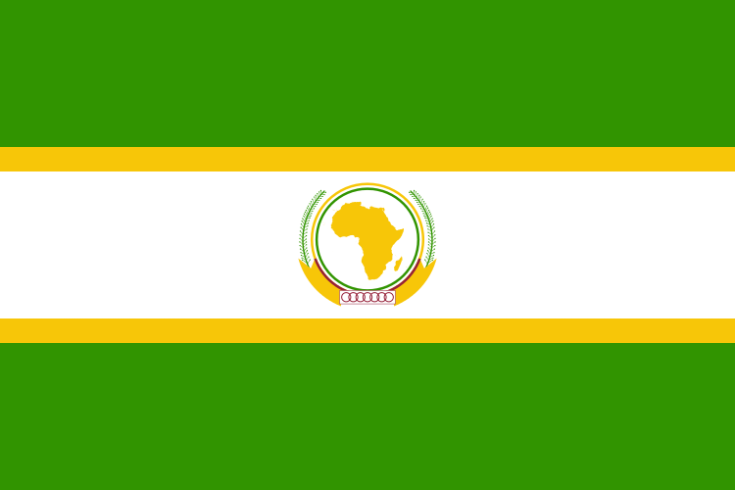CTBTO Head at the African Union Summit
The Executive Secretary of the Preparatory Commission for the Comprehensive Nuclear-Test-Ban Treaty Organization (CTBTO), Lassina Zerbo, took part in the meeting of African leaders at the 22nd Ordinary Session of the Assembly of the African Union in Addis Ababa, Ethiopia, from 29 to 31 January 2014.
Zerbo met with Foreign Ministers and senior African Union officials to promote signatures and ratifications of the Comprehensive Nuclear-Test-Ban Treaty (CTBT) and enhance the cooperation between the African Union and the CTBTO.
In his talks, Zerbo highlighted the role of the CTBT for regional and global security. By ensuring that Africa – and indeed to whole world – are free from the scourge of nuclear testing, the CTBT is a major building block towards a nuclear weapons free world, an aspiration led by African nations as embodied in the Pelindaba Treaty, which makes the African continent a nuclear weapons free zone.
Zerbo met with Foreign Ministers and senior African Union officials to promote signatures and ratifications of the Comprehensive Nuclear-Test-Ban Treaty (CTBT) and enhance the cooperation between the African Union and the CTBTO.
In his talks, Zerbo highlighted the role of the CTBT for regional and global security. By ensuring that Africa – and indeed to whole world – are free from the scourge of nuclear testing, the CTBT is a major building block towards a nuclear weapons free world, an aspiration led by African nations as embodied in the Pelindaba Treaty, which makes the African continent a nuclear weapons free zone.

Flag of the African Union
The primary condition for African States to develop and prosper is through lasting peace and security. The CTBT, at its very base, is a key enabler for development.
Zerbo recalled that is was African leaders who spearheaded the idea of a nuclear weapon-and nuclear test free continent by adopting the Declaration on the Denuclearization of Africa at the first African Union summit in 1964.
He explained how the CTBT and its advanced technology based verification system, with its many uses for disaster warning and scientific research, can contribute to sustainable development in Africa. In this context, he highlighted the CTBTO’s extensive capacity building programmes aimed at enabling developing countries make better use of CTBTO monitoring data.
The Pelindaba treaty's Second Conference of State Parties later this year is a timely opportunity to further enhance the cooperation between African nations and the CTBTO.
Africa plays a key role in the CTBT verification regime as it is the region with the largest number of States hosting monitioring facilities. Once complete, there will be 38 monitoring facilities located in 24 African States. Of these stations, over 30 are already up and running.
See also the CTBTO’s brochure Africa’s Contribution to Putting an End to Nuclear Explosions ( English / French ).
See also the CTBTO’s brochure Africa’s Contribution to Putting an End to Nuclear Explosions ( English / French ).
5 Feb 2014
